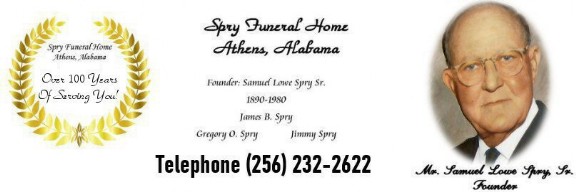Value of Ceremonies - spry2
Main menu:
Burial Services

Spry Funeral Home Value of Ceremony
Professionals agrees that funeral services and ceremonies are an important part of the grieving process. Funeral services are for the living and not the deceased. This fact alone helps start the process of grieving and becomes a vehicle for closure to human life.
It is important to recognize that the funeral ceremony is for the living, for those who have suffered the trauma of losing a loved one. It is through the funeral process that a number of emotional needs are met. The funeral declares that a death has occurred, commemorates the life that has been lived, and offers family and friends the opportunity to pay tribute to their loved one.
The Funeral Ceremony
gives testimony to the life of the deceased
encourages the expression of grief
provides support to mourners
allows for the embracing of faith and beliefs about life and death
offers continuity and hope for the living
Throughout the ages, people have relied on the comforting ritual and ceremony of funerals to move them through their grief. Whether selecting burial or cremation, a funeral or memorial service is an important part of the grieving process. The main difference between these two services is whether or not the body is present. A funeral service is conducted with the body present; a memorial service is conducted in memory of the person, without the body present. Consumer research and grief experts suggest meaningful ceremonies provide closure. But most importantly, the funeral is a vital part of the process that allows the bereaved to adjust to an abruptly altered life. Our funeral directors can suggest a variety of ceremonies that will help you and your family begin the essential grieving process.
It is becoming more common to tailor a funeral service to reflect the personality and lifestyle of the deceased. Prayers and remembrances offered by family and friends, favorite music, treasured belongings, pictures and mementos can all play a major role in making the final tribute fitting and moving. The family can choose to assemble a display containing family photographs, favorite possessions, items from a hobby or awards the deceased received. These items help shift the emphasis of the services to the memories of the person's life, rather than on the circumstances of his or her death. Personalization can also be added by simply choosing the most appropriate services and products available from the funeral home.
